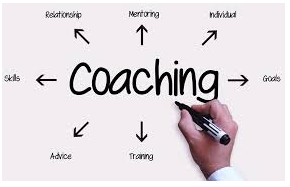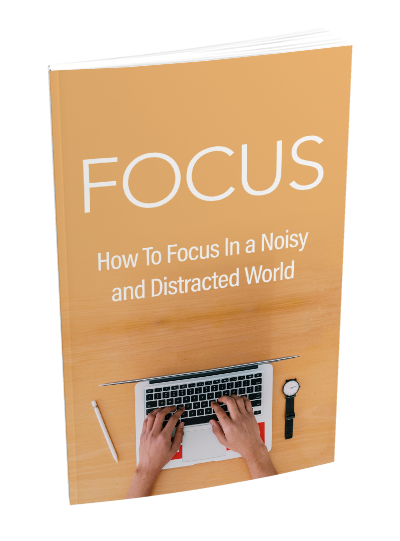Coaching and mentoring – more on building self-knowledge
Coaching or mentoring – more on building self-knowledge
Understanding one’s life and career
One of the central tasks of coaching or mentoring is to help people bring their lives into focus. Sometimes this focus is directed at the whole of the mentee’s life; on other occasions it is perspectives. Stories can be individuals’ own autobiographies, which can be factual or crafted into a fiction.
My story
This is a technique in coaching or mentoring that can be used at various levels of mentoring and coaching dialogue. The aim is to help mentees gain a broader and more insightful perspective on themselves.
The task set for them is to write – over a week or two in most cases – my story, past present and future. Like any good story, the story of me has multiple dimensions and a large part of the value of the exercise is for the mentee to revisit what they have written and add or amend over a period. Re-reading my story 6 months or more after it was written can be a deeply affecting experience; it also helps the individual recognize how much they have learned.
In constructing my story, the mentee needs to be directed not just to write a CV or mini-biography. A story is very different from a report. It has, among other elements:
- A plot.
- Several sub-plots.
- A cast of supporting characters.
- A backcloth (the environment, place and society where the story
unfolds).
- A moral (or perhaps several).
- Choices and dilemmas.
- Drama – deep disappointments and triumphs.
- A sense of continuity – grand themes that are echoed as the story
unfolds.
Exploring the past in this way provides insights into motivations, fears, aspirations and forgotten dreams. Because the story demands that these be related to the present, it helps the mentee understand more clearly How and why did I get to be me? and to consider how they feel about who and where they are.
Writing my story into the future is often the most difficult, but a deeper understanding of the past and present helps the mentee choose what they really want and visualize who and where they want to be. Tapping into their grand themes is a very powerful source of self-motivation. The role for the coach or mentor is first to encourage the mentee to write their story. Especially if the person is not used to writing at length (or only used to writing reports), they may need some encouragement first – perhaps by beginning the story verbally, with the helper as the audience. The second role for the coach–mentor is to help the mentee recognize and explore the plots, moral and grand themes, so that they develop deeper understanding. My story has been used to help people make fundamental changes in their ambitions, in their behaviours and in their lives in general. It is, in our view, one of the most powerful techniques in the coach–mentor’s toolbag.
Using fictional stories in coaching or mentoring
There are a number of complementary ways in which stories may be useful in a coaching context. The stories can be offered by the coach or by the coachee, and they may be true-to-life or fictional. Here we look at the use of fictional stories to help illuminate workplace situations.
The use of narratives in psychology has a long history, centred around the quest for insight into human behaviour – either our own or other people’s. And an important aspect of this quest is to gain understanding of the ways in which we ‘sense-make’, or make meaning from our lives. Story-telling is in an evident relationship with this endeavour and has in some way been addressed by theorists from a variety of disciplines including psychology, anthropology and organizational behaviour. For example, the personal construct psychology of Kelly (1955), addresses our ways of ‘construing’ ourselves in relation to the world – we act in accordance with, and perhaps even become, the story we tell about ‘how things are’. Bruner (1990) also looks at meaning-making. McAdams (1993) has also addressed the concept of people as being the stories they tell (rather than simply telling stories). Jung’s archetypes (Fordham, 1991 is a useful introduction), Berne’s Transactional Analysis scripts (1975) and Bettelheim’s well-known work (1991) on the role of stories and tales in our lives, all speak to different aspects of story in our lives. Weick, in particular, drew on the work of both psychologists and organizational theorists to illuminate his position in Sensemaking in Organisations (1995). When using fictional stories in coaching, the intention is to encourage some playful and creative thought about a situation, using metaphor and analogy as a bridge that can:
- help connect aspects of the current situation with existing experiences
and understanding;
- Help steping out of the situation and taking a ‘view from the side’;
- Engage creative thought and new connections.
Click here to enrol on a coaching programme https://boti.co.za/book-now/


